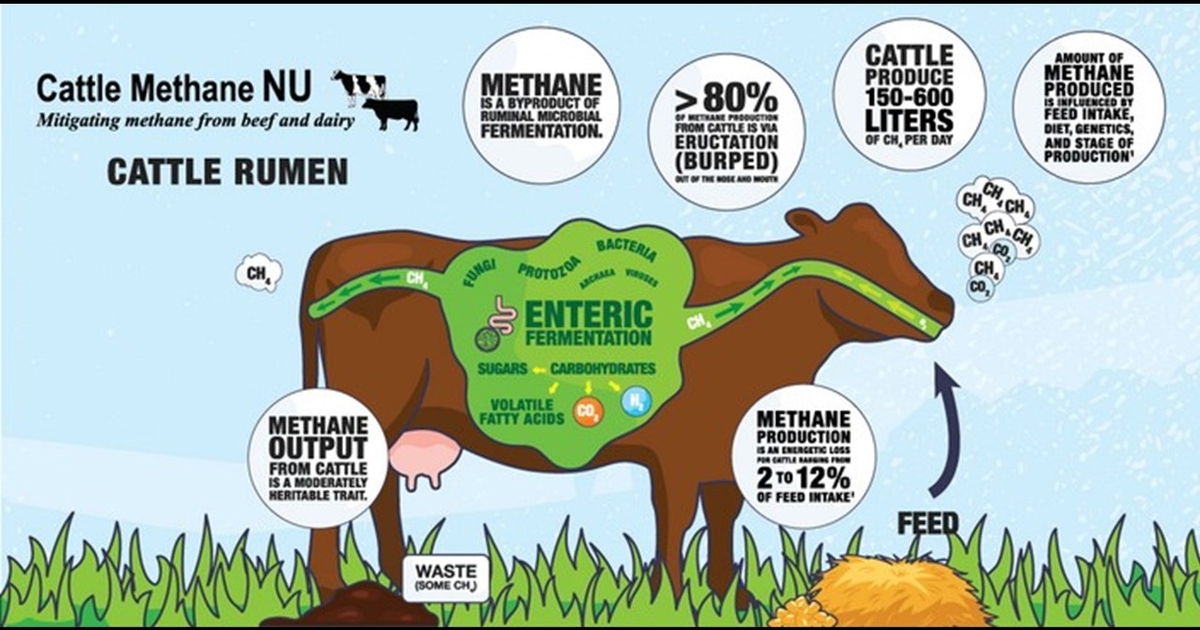WSU Wagyu breeders announce first dual-inheritance polled heifer
Posted on September 11, 2024
Source: Farm Progress. The original article is posted here.

Wagyu cattle breeders at Washington State University reached a milestone this summer, confirming their first homozygous polled heifer.
For animal safety reasons, cattle are typically de-horned manually, a process that’s expensive for the farmer and uncomfortable for the calf. By inheriting hornless genes from her sire and dam, the purebred heifer named WSU Miss L120 will pass on the trait to all offspring.
“She’s a great addition to our herd,” said Bailey Graham, assistant manager at the WSU Beef Operations Center. “She brings a great trait that can really help with animal care and welfare.”
Scientists in WSU’s Department of Animal Sciences have studied and bred Wagyu cattle, renowned for exceptional beef marbling and tenderness, for more than 30 years. Efforts to breed a double-polled animal began in 2018, and DNA analysis by the American Wagyu Association confirmed the success earlier this summer.
The WSU team credited WSU professor emeritus and Bar R Cattle Company owner Jerry Reeves for his support of the breeding program. One of the first ranchers to raise Wagyu cattle in the U.S., Reeves helped start WSU’s Wagyu herd in the 1990s. For more than a decade, he has donated semen from bulls with desired genetics to improve the WSU herd.
Miss L120’s sire, Reeves’ own Bar R G4 ET, is a top-rated U.S. bull for marbling. Her mother cow also had great performance traits, and odds are good that L120 will have offspring with very well-marbled beef, an important goal in Wagyu breeding.
Handlers have also noticed her gentle demeanor; she is the granddaughter of one of the gentlest cows known in the WSU herd.
“We expect her to thrive and become a mainstay in the WSU herd for years to come,” said Brent McCann, former Beef Center operations manager, who led the breeding project.
Animal scientists are always working to improve the WSU cattle herd, which includes 40 Wagyu animals and more than 100 Angus and Angus-Hereford crosses.
“A major concept is breeding animals that fit our resources,” said Brent McCann. That means seeking smaller, sounder animals that are thriftier to feed, easy to handle, and have good maternal qualities.
Miss L120 is officially the first of several similar animals in the WSU herd. Genetic testing is expected to confirm additional heifers born in 2023 and 2024 that carry the homozygous polled genes. These strides help keep WSU in step with the broader cattle-raising industry.
“It’s a good accomplishment,” Reeves said. “There aren’t many homozygous polled Wagyu around. They’re hard to find.”

.jpg?disable=upscale&width=1200&height=630&fit=crop)


